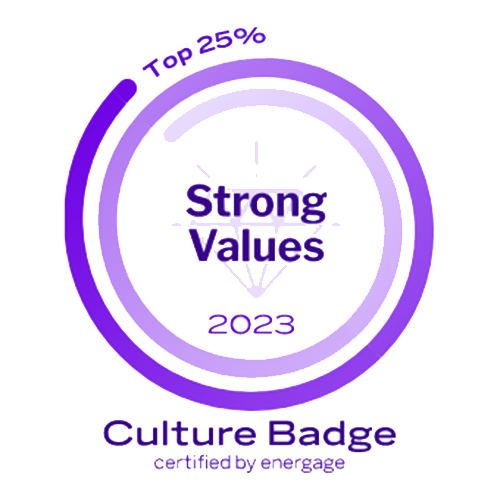The speaking industry is a dynamic and evolving field that demands continuous adaptation from its professionals. This year’s 2024 Speaking Industry Benchmark Report sheds light on the current challenges speakers face, and offers valuable information on how we can support them to thrive at events. Let’s dive into the report’s findings, which offers practical insights for event planners and industry stakeholders to best assist speakers in overcoming the industry’s most pressing issues.
Finding Speaking Opportunities
A staggering 66.4% of speakers cited finding speaking opportunities as their primary challenge, reflecting the industry’s competitive nature. As event planners, we can bridge this gap by facilitating networking opportunities for speakers with other professionals and influencers. Encouraging speakers to build an active online presence through professional websites, social media, and platforms like LinkedIn can also attract event organizers. Additionally, promoting connections between speakers and speaker bureaus can provide access to a broader array of speaking engagements.
Travel-Related Issues
Travel remains a considerable challenge for event speakers, with 30.69% expressing it as one of their major concerns. The logistics of time, cost, and potential delays can be daunting. To mitigate these challenges, we can promote virtual speaking opportunities, which reduce travel burdens while expanding reach. Assisting speakers with meticulous travel planning and providing options that balance cost and convenience can also help manage travel-related stress. Focusing on sourcing local or regional speakers for events is another great option that minimizes travel time and expenses.

Negotiating Fees
Negotiating speaking fees is another challenge, affecting 29.37% of professionals in the industry. As event planners, we can support speakers by establishing clear industry standards and helping them understand their value based on experience, expertise, and audience impact. Transparent communication about budget constraints, and the value speakers bring to events, can foster open discussions about fees. Offering non-monetary benefits like exposure, networking opportunities, or future engagements can also be part of the negotiation process.
Meeting Event Organizers’ Expectations
It’s crucial for speakers to meet the expectations of the event organizers, who often cite issues like understanding the audience, clear communication, and flexibility. Providing speakers with detailed information about the audience demographics, interests, and expectations can help them tailor their content accordingly. Maintaining open and timely communication throughout the planning process ensures alignment and smooth coordination. Encouraging speakers to be adaptable to changes and accommodating last-minute adjustments can also enhance their appeal.
Adapting to AI Tools
The report indicates a significant increase in the use of AI tools, with 88.28% of event organizers leveraging technologies such as ChatGPT. Supporting speakers in embracing these advancements can be largely beneficial as they craft their content for specific audiences. Offering training and resources on how to use AI tools for preparation, such as generating content ideas or refining presentations, can enhance their efficiency. Keeping speakers updated on new AI developments and how they can be integrated into workflows ensures they stay competitive.
Prioritizing Audience Engagement
Audience engagement is a priority for event organizers, with 66.76% emphasizing its importance. Encouraging speakers to incorporate interactive elements like Q&A sessions, polls, or live demonstrations can help to keep the audience engaged. Guiding speakers to deliver content that is engaging, informative, and relevant to the audience’s needs is essential. Understanding budget constraints and working with speakers to offer packages that provide value within financial limits establishes mutual benefit.

Maintaining the Industry Momentum
The speaking industry is full of challenges, but with the right support, speakers can navigate these obstacles to achieve great success. As event planners and industry stakeholders, we play a crucial role in providing innovative ways to secure opportunities, manage travel effectively, negotiate fees, adapt to technological advancements, and prioritize audience engagement. The insights from the 2024 Speaking Industry Benchmark Report offer a valuable roadmap for supporting speakers in enhancing their careers and making a significant impact in the industry. Let’s work together to maintain the industry’s momentum and best support our speakers to make every event memorable and impactful.
Ready to dive deeper into event planning success? Here’s 5 Steps to Creating an Event Strategy.











